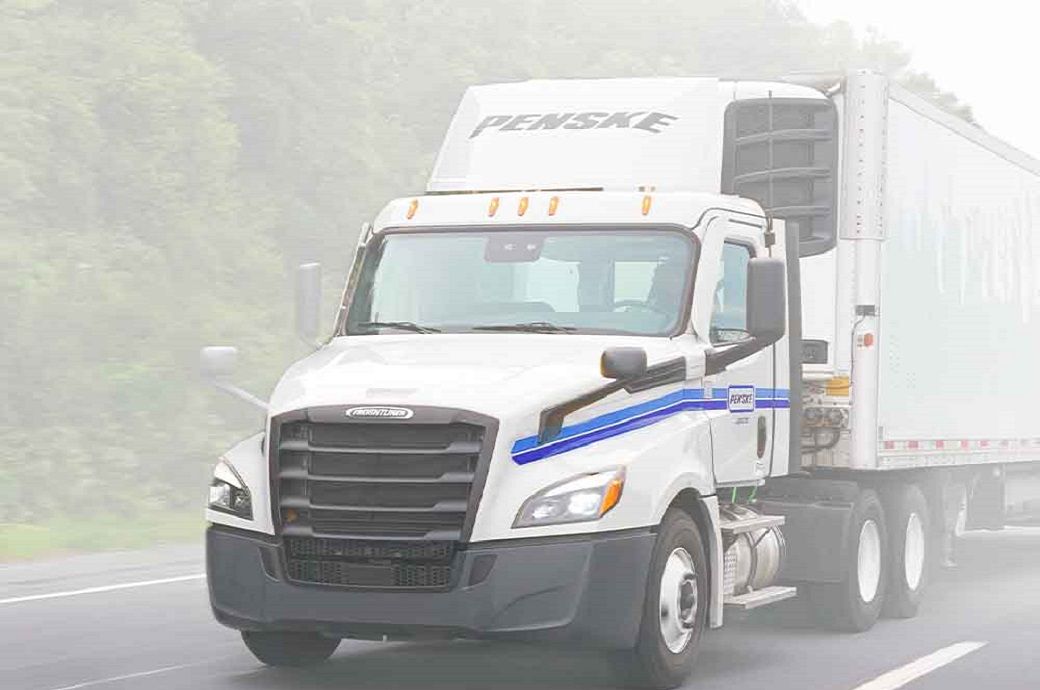
The logistics industry in 2024 saw a partial return to pre-pandemic patterns. However, it was also characterised by flat business volumes, excess truck capacity, and rising operational costs, as per the CSCMP’s annual State of Logistics Report, produced by global consulting firm Kearney and presented by Penske Logistics.
Global e-commerce continues to grow rapidly, with online retail sales nearing $6.3 trillion. This growth is driving enhancements in last-mile delivery, agile warehousing, and increasing demand for air freight. Concurrently, geopolitical tensions, shifting trade regulations, and tariffs have led to longer transit times, volatile ocean freight rates, and a greater reliance on third-party logistics providers for end-to-end solutions.
The report underscores a climate of fragile business optimism, shaped by fluctuating demand, technological disruption, and a heightened need for resilience and agility in supply chain operations.
In a significant trade shift, Mexico overtook China in 2024 to become the United States’ largest trading partner, with bilateral trade reaching a record $840 billion—a 6 per cent year-over-year increase. To adapt to the evolving landscape, supply chain leaders are investing heavily in technologies such as artificial intelligence, data analytics, robotics, and automation to enhance efficiency and build long-term resilience.
"Today's logistics leaders are operating in a world of rapid shifts and persistent uncertainty—a true fog of global commerce. This year's State of Logistics Report helps supply chain professionals cut through that fog with insight, data, and direction. It highlights not only the challenges of disrupted trade flows, evolving customer expectations, and constrained capacity, but also the resilience and innovation reshaping the logistics landscape. At CSCMP, we're proud to provide this essential industry benchmark, empowering leaders to navigate complexity and chart a confident course forward,” Mark Baxa, CSCMP president and CEO, said.
"As the fog thickens, the logistics industry must move beyond short-term fixes and fundamentally rethink resilience—not as a luxury, but as a strategic imperative embedded in networks, technology, and decision-making. In a world defined by disruption, resilience is what ensures continuity, enabling agility and long-term durability. And as AI and automation drive down the cost of building resilient supply chains, the greater risk now lies in standing still,” Korhan Acar, Kearney partner and lead author for the State of Logistics Report, shared.
"There is a great deal of quality content in this year's State of Logistics Report. Each day, we are helping our customers find resiliency in their supply chains, as we leverage best-in-class technology and amass capacity on a flexible basis as needed,” Andy Moses, senior vice president of solutions and sales strategy, Penske Logistics, said.
ALCHEMPro News Desk (RR)
Receive daily prices and market insights straight to your inbox. Subscribe to AlchemPro Weekly!